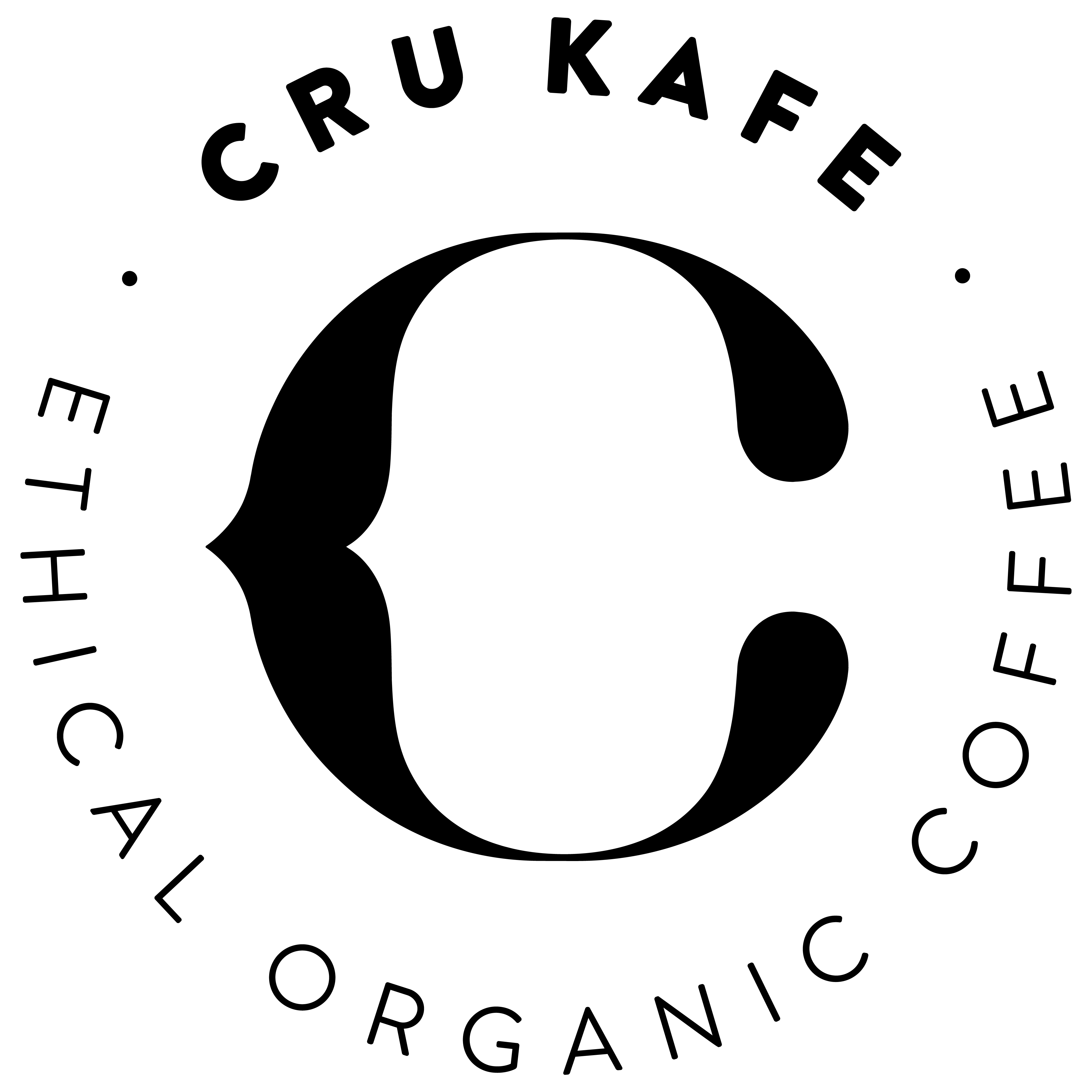Single origin vs. blend; it's been a subject of debate in the coffee industry for decades, and now, thanks to the growth of third wave coffee in the UK and abroad, everyone's got an opinion. But what difference does 'single origin' really make to your daily cup of coffee? To shed some light on this subject, we've put together a handy guide that should help put this argument to rest.
Blended Coffee
Go back 20 years, and it's likely that every coffee you came across was blended. Blending coffee beans is a sort of alchemy; the beans can be chosen in order to complement one another or to create contrasts - our Organic Bright Roast and Organic Dark Roast blends, for example, use the same beans (Indonesian, Peruvian and Ethiopian), but a slight difference in percentages (and the roasting time itself) results in two very distinct flavour profiles.
One point that is important to understand, though, is that 'blended' does not mean 'inferior'. Many people see this word as taboo (just think of 'blended' whiskey and you'll understand what we mean), but in coffee the beauty of a blend lies in the creative freedom that comes with choosing and combining various beans. Our roasters take a huge amount of time over our blends to make sure that at the end of the process they have a carefully weighted coffee that is truly unique to CRU.
Single Origin
As you may have worked out from the name, 'single origin' coffee is a brew that is defined by a specific location - but therein lies the issue. Historically the coffee industry has been rather liberal when defining 'location', using it to describe everything from a single farm, to a single country. In this sense, the birth of 'single origin' was (in its early stages) really just a marketing ploy - a phrase used by large corporations to make their customers feel better about the coffee they were buying.
Thankfully, the recent growth of independent coffee shops and roasters has meant that suddenly small groups of farmers (who could previously never hope to meet the demand of the coffee giants) could suddenly start selling to these smaller, more localised producers. Thanks to this, the term 'single origin' has become much more regulated.
Even though you may not be getting your coffee from a single farmer, the beans themselves grow in the same soil, are subjected to the same processes and (perhaps most importantly) go through the same washing station. All farms will be working to promote the unique characteristics of the same bean - much like the Oromia Coffee Union who create our Organic Ethiopian. Because of this, single origin coffees traditionally have a much more 'out of the ordinary' taste than blended coffees; and are perfect for those of you looking for a bit more of an adventure in your cup of coffee.
Conclusions
So, which of these methods makes the best coffee?
As with so many things, it comes down to what you're looking for - and whilst it may seem that every coffee aficionado you meet is telling you that single origin is the only way to truly enjoy your favourite drink, it's important to take their advice with a pinch of salt.
If you're looking to experience the unique characteristics of each bean you come across, then a single origin would seem like the way to go - but it's also worth noting that as the ultimate goal of this type of coffee is to try to pick out the unique characteristics of an individual bean, roasts tend to be lighter, and more acidic. Whilst this might be your perfect Sunday afternoon drink, it may not be what you're looking for on a Monday morning - where the only thing that will hit the spot is your favourite espresso blend.
Ultimately, the most important thing is to always question the quality of the bean (or beans) that you're drinking. We've tasted hundreds of single origin and blended coffees in our search for the best, and you'll be amazed by the amount of poor quality beans out there on the market. The term 'single origin' does not, on it's own, equal quality - and conversely, some of the best beans we've ever tasted have been found in blends.
If you keep this last thought in mind, you'll never go wrong when choosing your favourite brew.


